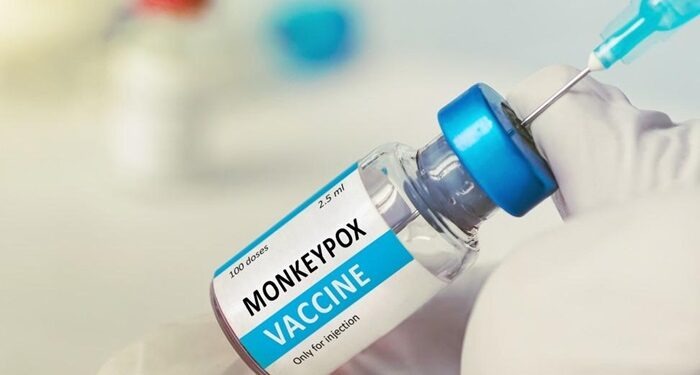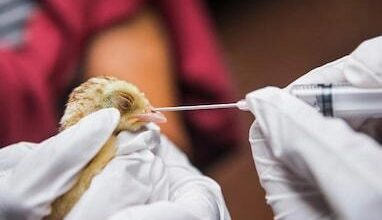WHO, Africa CDC support mpox vaccination in Nigeria, 16 other African countries amid short supply

Nigeria, along with 16 other African countries, to receive support from the World Health Organization and the Africa Centres for Disease Control and Prevention to enhance mpox vaccine preparedness amid a shortage of supplies.
Experts from both organizations have pledged to support the development of targeted mpox vaccine preparedness and deployment plans to ensure the efficient use of available doses.
This commitment was made during a meeting last week in Brazzaville, where country representatives and partners convened to discuss the way forward.
In a statement on Sunday, the Africa CDC noted that, in anticipation of further mpox vaccine deliveries to the African region in the coming months, countries have requested assistance in identifying and mapping mpox hotspots based on local epidemiology, as well as in planning targeted vaccination strategies to reach populations at risk.
More than 120 participants from 17 countries, along with partners from Gavi, the Vaccine Alliance, UNICEF, the U.S. Centers for Disease Control and Prevention, the U.S. Agency for International Development, and with support from Canada, took part in the Regional Mpox Vaccine Preparedness and Deployment Plan Development meeting held from November 5-7, 2024.
“During the meeting, WHO and Africa CDC experts provided countries with the latest information on WHO recommendations and a set of tools to guide mpox vaccination plan development.
“Both organizations have made concerted efforts to help countries acquire vaccines amid ongoing outbreaks. The WHO added the MVA-BN vaccine to its prequalification list on September 13, 2024, and established an Access and Allocation Mechanism to improve access to vaccines, treatments, and tests where they are most needed,” the statement added.
The regional meeting focused on providing support to the following countries: Burundi, Cameroon, Central African Republic, Côte d’Ivoire, Democratic Republic of the Congo, Gabon, and Ghana.
Other countries included Guinea, Liberia, Kenya, Nigeria, the Republic of Congo, South Africa, Tanzania, Uganda, Zambia, and Zimbabwe.
Urgency of targeted vaccine deployment
“Given the ongoing difficulties with bringing the outbreak under control using traditional public health measures, the need for effective mpox vaccine preparedness and deployment plans has become urgent.
“With the mpox vaccine supply constraints, countries will need to develop very targeted deployment plans, guided by local epidemiology,” said Dr Matshidiso Moeti, WHO Regional Director for Africa.
Progress amid limited vaccine supply
Mpox vaccine deployments in Africa have faced delays, and supply is expected to remain limited in the near- to medium-term.
However, three countries in the region—Rwanda, the Democratic Republic of the Congo, and Nigeria—recently received a total of 280,000 doses. Initial vaccination efforts have begun in the Democratic Republic of the Congo and Rwanda, with over 50,000 doses already administered.
Commending collaborative efforts
Dr. Jean Kaseya, Director General of Africa CDC, praised the rapid and coordinated efforts across the continent, saying, “The swift actions of countries across Africa to roll out targeted mpox vaccination strategies reflect an extraordinary commitment to protecting those most vulnerable. Achieving this progress within a short window of time underscores the ambition and resilience of our member states to halt transmission and safeguard at-risk populations.
“This momentum speaks to the power of collaboration across the continent and with our global partners. Africa CDC remains unwavering in its support, equipping countries with essential tools, guidance, and resources to drive impactful progress in controlling mpox.”
Continued support and rising cases
The statement emphasized that the WHO, Africa CDC, and other partners are working together in the Continental Incident Management Support Team to help countries prepare for and respond to mpox outbreaks, not only through vaccination but also in diagnostics, case management, risk communication, and community engagement.
“The collaboration between agencies comes at a critical time, as mpox cases continue to rise on the continent, and new cases are reported outside Africa. As of November 6, over 11,000 laboratory-confirmed cases had been reported since the start of 2024. Four countries (South Africa, Guinea, Cameroon, and Gabon) moved to the ‘controlled phase’ in October 2024 after reporting no new cases for six weeks. Fourteen other countries are currently experiencing active outbreaks in Africa,” the statement concluded.






